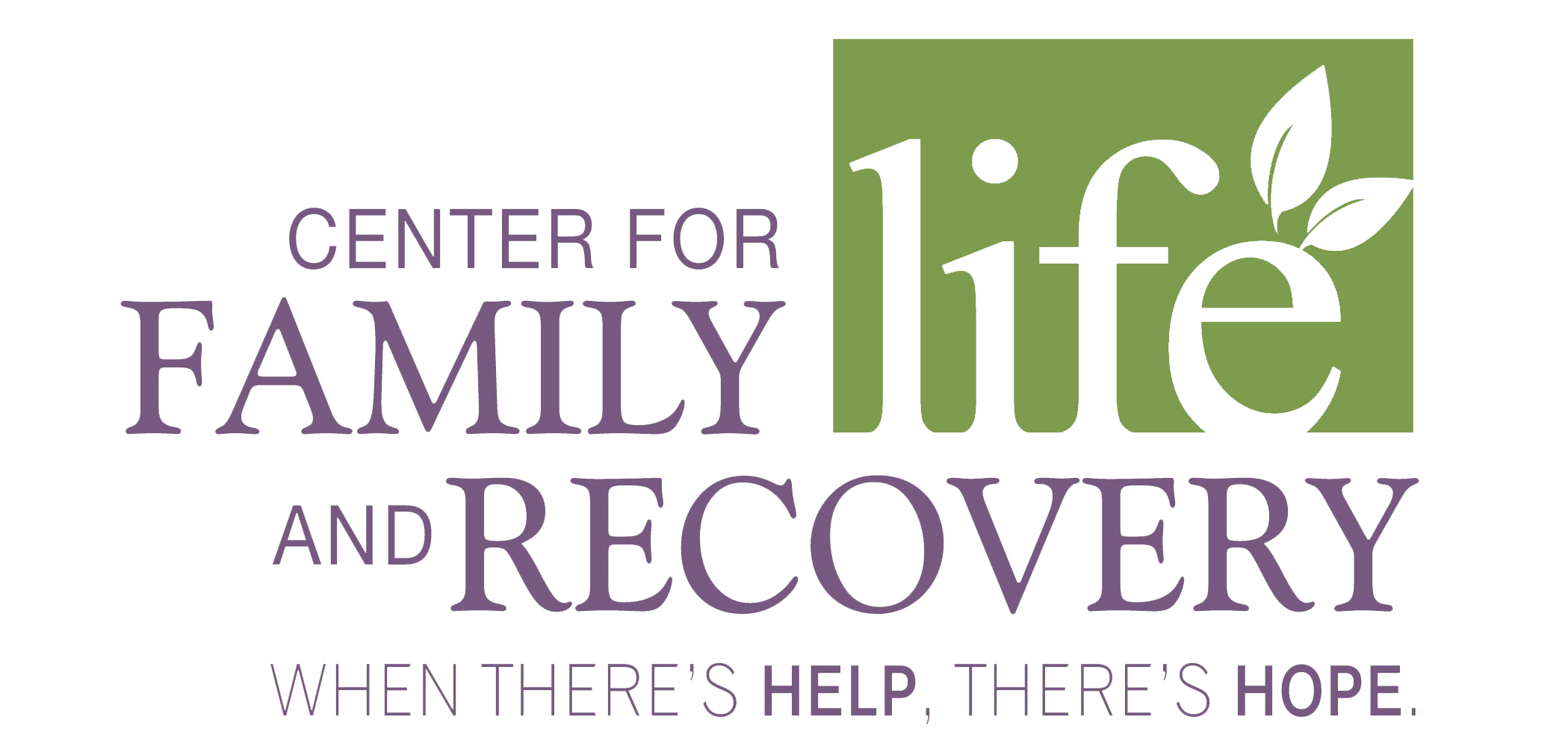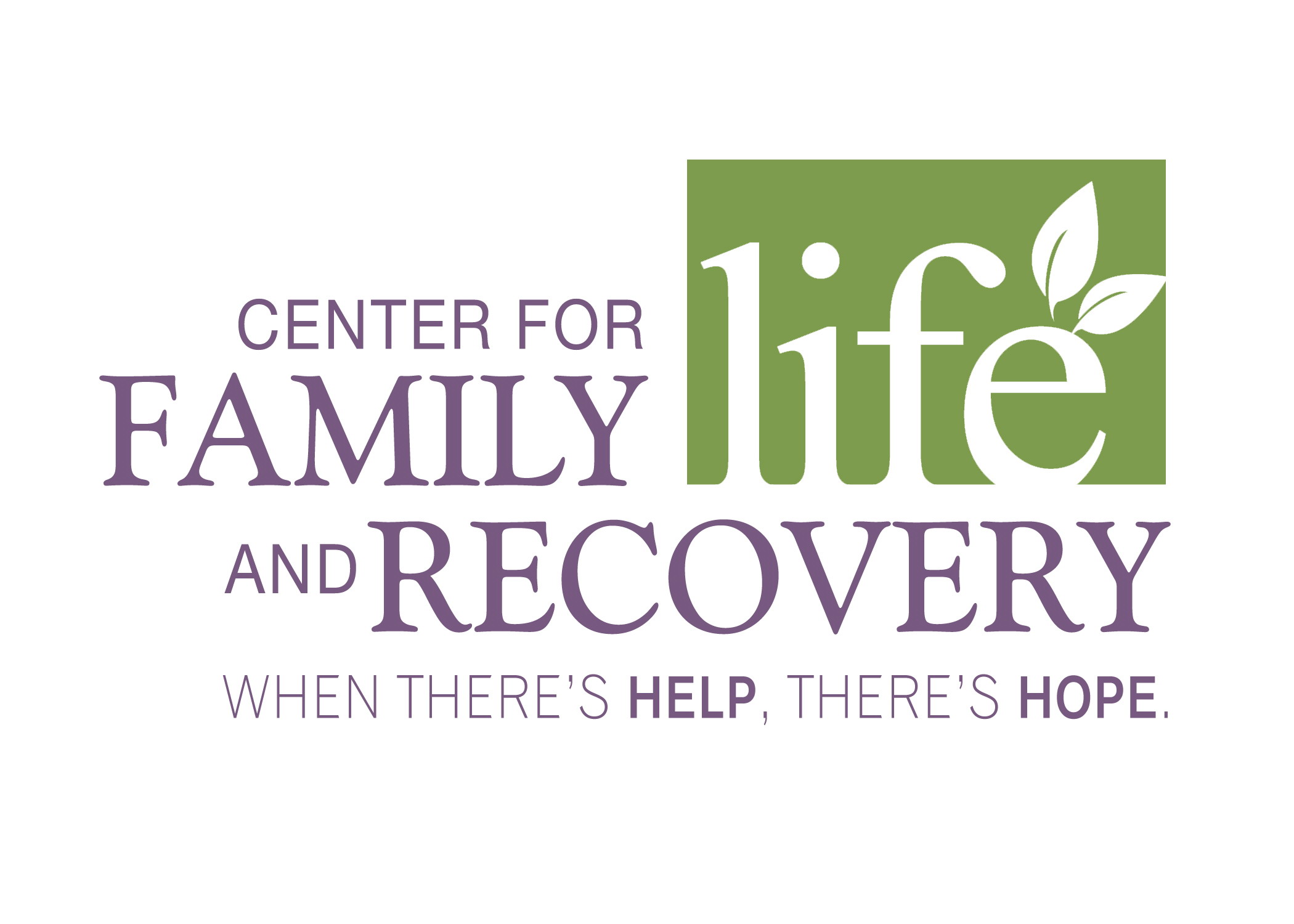Utica, New York (March 2016) – On Sunday, March 27, 2016, New York State made it mandatory that all prescriptions be transmitted electronically from the prescriber to the pharmacy. Although “e-prescribing” is already a popular trend across the nation, New York State is the first to make it mandatory with penalties. This requirement, under the Internet System for Tracking Over-Prescribing (I-STOP) Act, is intended to help fight prescription painkiller misuse, while combating the rising rates of prescription drug abuse across New York State. While it may be more time consuming for doctors, the new system allows very little room for error and eliminates a patient’s ability to “doctor shop.”
At a local level, the I-STOP Act supports the work that Center for Family Life and Recovery, Inc. (CFLR, Inc.) does in Oneida and Herkimer counties to limit abuse and misuse of prescription opioids like hydrocodone, oxycodone, morphine, and codeine. In 2015, CFLR, Inc., in collaboration with the Oneida County Heroin Opiate Task Force, held an interactive panel to discuss drug use and prevention initiatives with parents and teenagers. CFLR, Inc., in collaboration with Oneida County’s Communities That Care Coalition, participates in two Prescription Drug Take Back Days during the months of September and April. Utica and Rome Police Departments have RXMedReturn units available 24/7 for safe disposal of all medications as well.
“Through education and prevention, it is our hope that prescription drug abuse will decline and eventually stop altogether,” said Services Director, Judith H. Reilly. “It takes an entire community to make a difference, so the I-STOP Act is certainly a step in the right direction for New York State. I am confident that it will help further the work that our agency does as well.” To find out how you can do your part to combat local prescription misuse, please contact Judith H. Reilly, Services Director, at (315) 733-1709.
Center for Family Life and Recovery, Inc. is proud to be the area’s leading expert for advocacy, prevention, counseling, and training. As a community partner, it is important to us that we continue spreading the message of help and hope to our area and with those whom we work.

